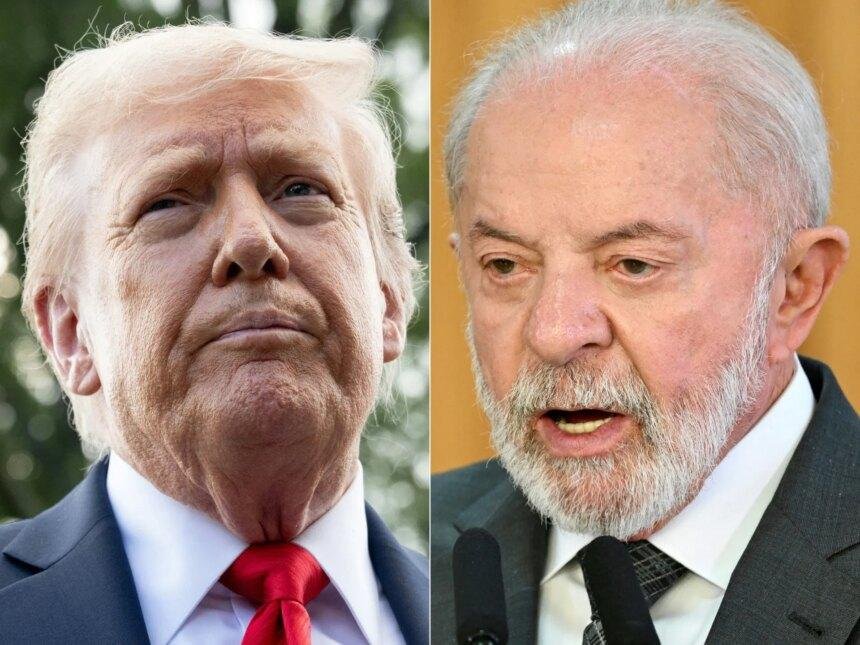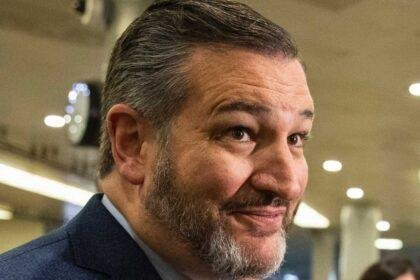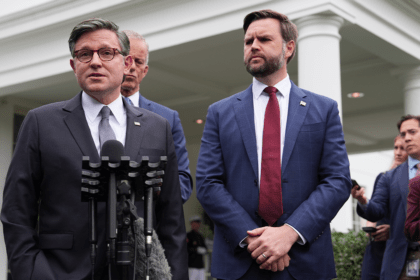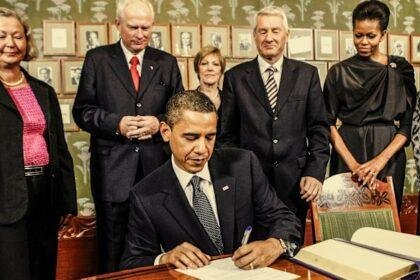Lula Urges Trump to Reconsider Tariffs Amid Economic Tensions
In a significant diplomatic exchange, Brazilian President Luiz Inácio Lula da Silva has formally requested that U.S. President Donald Trump lift the recently imposed 40 percent tariff on Brazilian imports. This request came during a 30-minute phone conversation between the two leaders, where they also discussed broader economic and trade relations between their nations.
Context of the Tariff Imposition
The tariffs, which were enacted in July, are part of a broader economic strategy by the Trump administration. This move followed an earlier 10 percent tariff and has raised concerns among Brazilian officials, particularly given that the United States enjoys a trade surplus with Brazil. Historically, tariffs have been a contentious issue in U.S.-Brazil relations, often reflecting underlying political tensions and economic strategies.
The Trump administration has justified these tariffs by citing Brazil’s internal policies and the legal troubles surrounding former President Jair Bolsonaro, who was recently convicted of attempting a coup after his electoral defeat in 2022. Bolsonaro’s conviction has added a layer of complexity to U.S.-Brazil relations, as it raises questions about the stability of Brazil’s political landscape and its implications for trade.
A Call for Cooperation
During the phone call, Lula emphasized the importance of maintaining open lines of communication, exchanging personal contact information to facilitate future discussions. He reiterated his invitation for Trump to attend the upcoming climate summit in Belém, Brazil, highlighting the need for collaborative efforts on global issues such as climate change.
Trump later took to his Truth Social platform to describe the conversation as productive, stating, “We discussed many things, but it was mostly focused on the Economy and Trade between our two Countries.” He expressed optimism about future discussions, indicating that both leaders would meet again soon, either in Brazil or the United States.
Economic Implications
The imposition of tariffs has significant implications for both economies. Brazil, as one of the largest economies in South America, relies heavily on exports to the U.S., including agricultural products, machinery, and textiles. The tariffs could potentially disrupt these trade flows, leading to economic repercussions not only for Brazil but also for American consumers and businesses that rely on Brazilian goods.
Lula’s administration has pointed out that Brazil is one of only three G20 nations with which the U.S. maintains a trade surplus. This fact underscores the paradox of imposing tariffs on a country that contributes positively to the U.S. trade balance. The Brazilian leader’s appeal to Trump reflects a desire to recalibrate the economic relationship in a way that benefits both nations.
Historical Context
The current tariff situation is reminiscent of past trade disputes between the U.S. and Brazil, particularly during periods of political upheaval in Brazil. In the early 2000s, trade tensions arose over U.S. agricultural subsidies that disadvantaged Brazilian farmers. These historical precedents highlight the cyclical nature of trade relations and the impact of domestic politics on international commerce.
Moreover, the recent legal troubles of Bolsonaro have added a layer of unpredictability to the relationship. Bolsonaro’s administration was characterized by a pro-U.S. stance, which has shifted under Lula, who has emphasized a more independent foreign policy. This shift could influence future negotiations and the overall tone of U.S.-Brazil relations.
Future Prospects
As both leaders prepare for further discussions, the focus will likely remain on economic cooperation and trade. Lula’s offer to travel to Washington for a face-to-face meeting indicates a willingness to engage directly with the U.S. administration, potentially paving the way for a resolution to the tariff issue.
The upcoming climate summit in Belém could serve as a pivotal moment for both leaders to address not only trade but also broader global challenges. Climate change is a pressing issue that requires international collaboration, and both Brazil and the U.S. have significant roles to play in global efforts to combat it.
Conclusion
The dialogue between Lula and Trump marks a critical juncture in U.S.-Brazil relations, with the potential to reshape economic ties and address pressing global issues. As both leaders navigate the complexities of their respective political landscapes, the outcome of their discussions could have lasting implications for trade, diplomacy, and international cooperation. The world will be watching closely as these two influential leaders work to find common ground amidst economic tensions and political challenges.










